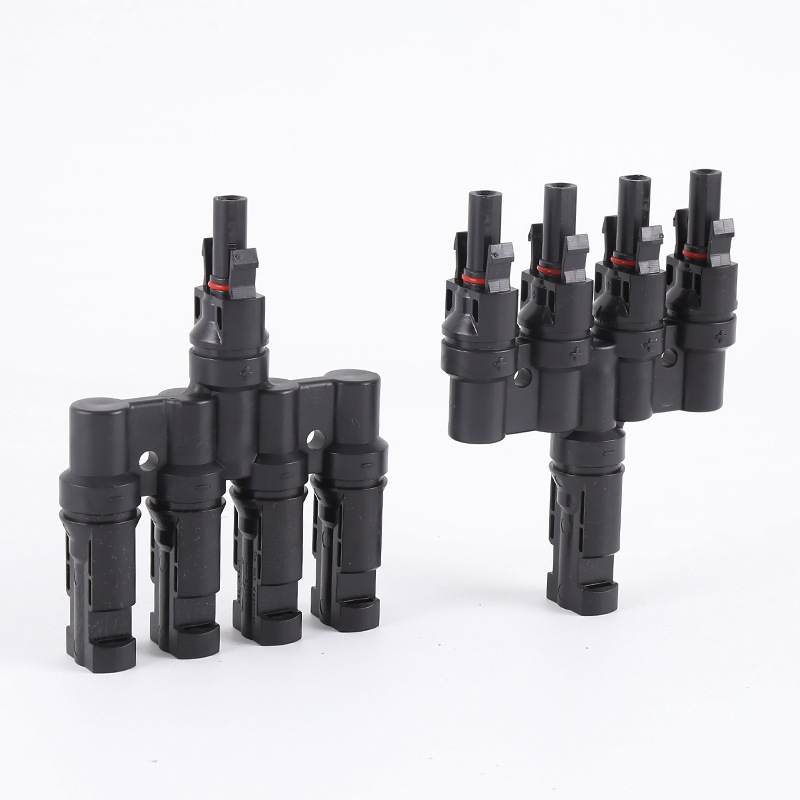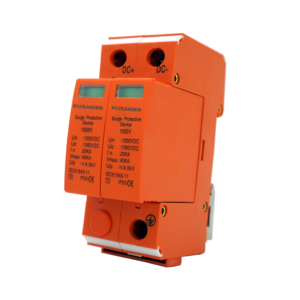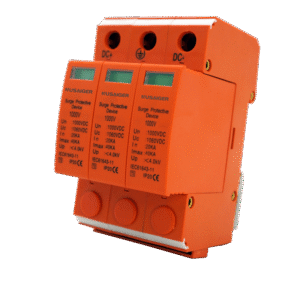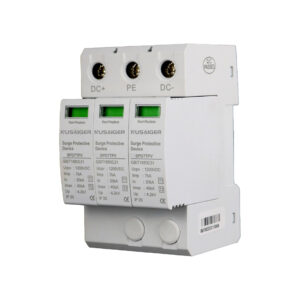How to Test MC4 Connectors for Performance and Safety
Testing MC4 connectors is a crucial step in ensuring the safety, efficiency, and durability of any photovoltaic (PV) system. Over time, exposure to heat, UV rays, and moisture can impact the performance of solar connectors. Regular inspection and testing help prevent system failures and improve energy output.
Why Testing MC4 Connectors is Important
- Prevents power loss due to poor connections
- Detects early signs of corrosion or degradation
- Ensures user safety by avoiding overheating or arcing
- Meets compliance and maintenance standards for PV systems
What Tools You Need
Before testing, gather the following equipment:
- Digital multimeter or continuity tester
- Insulation resistance tester (megohmmeter)
- MC4 disconnect tool
- Protective gloves and safety glasses
Step-by-Step Testing Process
1. Visual Inspection
Before performing any electrical test, inspect each MC4 connector for the following:
- Cracks, discoloration, or melting
- Corrosion or moisture inside the connector housing
- Proper locking mechanism engagement
2. Continuity Testing
This test ensures a continuous electrical path between connectors:
- Set your multimeter to continuity mode.
- Disconnect the MC4 connectors from the PV circuit (ensure no voltage is present).
- Place probes on each end of the connected cable set.
- A beep or low resistance (< 1Ω) indicates good continuity.
3. Insulation Resistance Test
This test checks for leakage current or insulation breakdown:
- Use an insulation resistance tester set at 500V or 1000V.
- Measure between the conductor and the outer housing/ground.
- Values should be greater than 100MΩ for new connectors.
4. Voltage and Polarity Check
To avoid reverse polarity issues, test voltage direction:
- Reconnect MC4 connectors to PV modules.
- Use a multimeter set to DC voltage.
- Confirm the correct positive and negative output from the array.
Common Issues Found During Testing
- Loose terminals causing intermittent power output
- Oxidation inside terminals reducing conductivity
- Incorrect polarity connection damaging inverters
Maintenance Tips for Long-Term Performance
- Schedule connector tests every 6-12 months, especially in harsh climates.
- Use weatherproof and UV-resistant MC4 connectors for outdoor installations.
- Never use damaged connectors — replace them immediately.
Conclusion
Regularly testing MC4 connectors is essential for the safe and efficient operation of your solar system. With simple tools and procedures, you can ensure that your PV connections remain secure, weather-resistant, and optimized for energy transmission. If you’re unsure about performing the tests yourself, always consult a certified solar technician.



